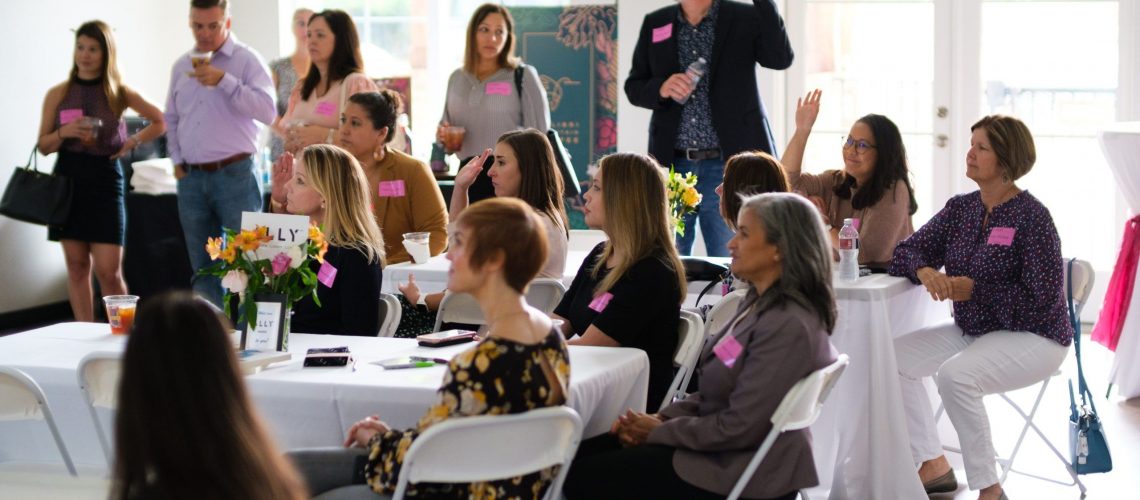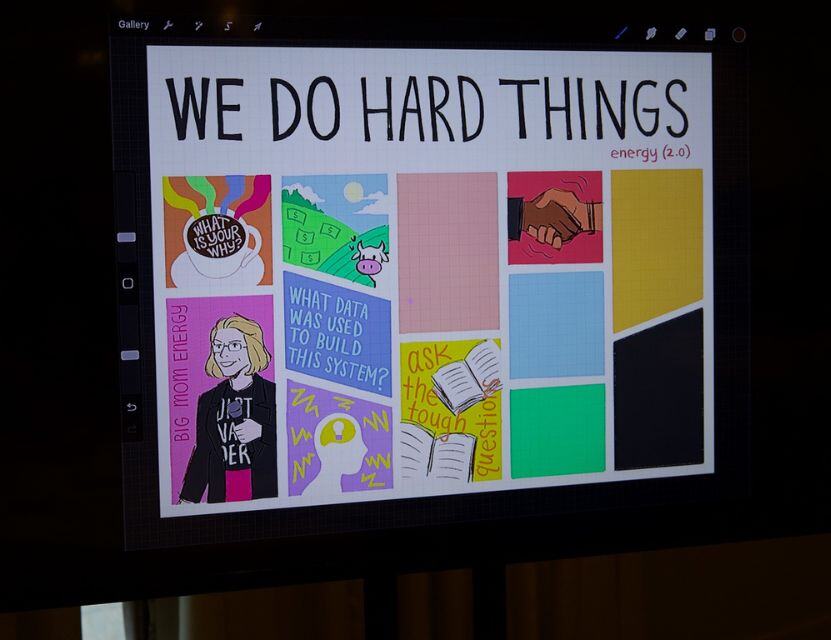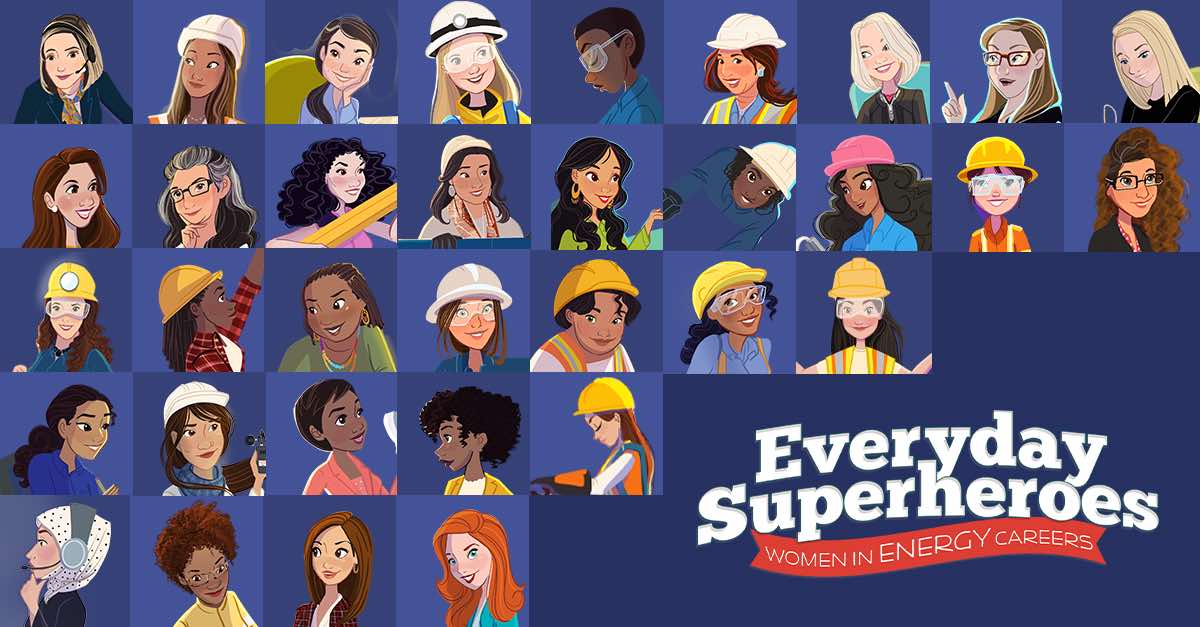The new U.N. climate change report makes it clear: The unequivocal” role of human-caused global warming will lead to “irreversible” damage and “unprecedented” effects.
Facing the climate crisis, the energy community has been pouring increasing focus into questions of what will provide the energy humanity needs in the future, and how it will be achieved. Which sources of energy will be used? Which technologies? What steps will be put in place to limit carbon emissions?
Not enough focus has gone into the most important question of all: Who will make it all happen? To power the world, the energy industry will need a broad range of people with sharp minds and top-level skills. It will need diverse workers who bring new ideas and innovations. Traditionally the industry has lagged behind other sectors, with fewer women and people of color, especially in leadership positions.
This must be addressed. It’s something I look forward to discussing at the 2021 Offshore Technology Conference (OTC) which, as The Houston Chronicle reports, is undergoing changes this year and putting greater focus on renewable energy. (My session is an Executive Dialogue on the energy workforce of the future.)
The Covid-19 pandemic has brought great upheaval and an onslaught of new challenges, slowing some action on the climate. But in my work as CEO of ALLY Energy, I’m hopeful for the future of energy. We see great possibilities ahead for the industry -- if we act quickly.
Drawing new talent and upskilling the generations
Careers in energy are very rewarding. We need to showcase benefits like the potential for good pay, opportunities for advancement, and great reasons to live in the energy capital of the world. Given that today’s workforce is driven by a sense of purpose, we should emphasize what a positive difference they can make in helping advance the transition to renewables and lower carbon technologies.
We also need to create inclusive cultures -- the kinds that provide psychological safety to ensure everyone is heard and recognized. In an e-book, ALLY and Gapingvoid Culture Design Group lay out the steps it takes to achieve this, from recasting the narrative of energy to celebrating individuality.
Energy companies also need to show employees across the industry how they can grow and develop their careers in exciting ways. This includes guiding talent to where they can get the requisite training for upskilling or reskilling to satisfy companies’ needs.
The more our people learn, grow, and feel empowered to challenge the status quo, the more positive disruption they deliver. Their world-changing ideas get a chance to flourish, and we speed up the transition to a lower carbon era.
Educating children
The energy community must play a major role in ensuring that STEM education is robust and that environmental literacy is a component of early education. And given that STEM efforts have traditionally been tilted away from girls and children of color, we must make sure to advance this education equitably. This includes supporting programs like the Children’s Environmental Literacy Foundation (CELF) and Energy Day.
Those of us who are passionate about working in energy should also share our stories with kids, inspiring them to consider the industry that allows the whole world to operate. We recently joined up with award-winning children’s author and former Department of Energy educator, Erin Twamley to create Everyday Superheroes. This multicultural book features the careers of 26 fascinating women and the jobs they hold which drive our energy future.
A just transition fuels economic growth
By building the teams of the future to lead a more equitable, just and environmentally sound transition, our economy stands to win big. As the Houston Chronicle reports, Texas could see a spike of more than a million jobs by increasing investments in renewables and making sure that well paying jobs in the sectors are available to everyone.
For all this to work, energy companies must come together. Silos have long kept businesses in renewable and traditional energy separated, with too little cooperation. No more. Conferences like OTC are more essential than ever in bringing the industry together.
I launched ALLY to bring these disparate businesses and voices together into a single online community. We recently acquired Clean Energy Social, forming the most comprehensive platform for, as Inno put it, “workers throughout the energy value chain to find job opportunities, skills training and networking.”
Ultimately, people are our most important resource -- and we must ensure that the pipeline never runs dry.
Katie Mehnert is CEO of Ally Energy, ambassador to the U.S. Department of Energy’s Equity in Energy initiative, and author of Grow with the Flow. She’s also a speaker at the Offshore Technology Conference Executive Series on workforce development.




